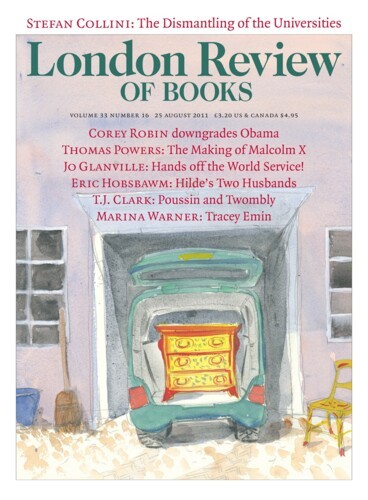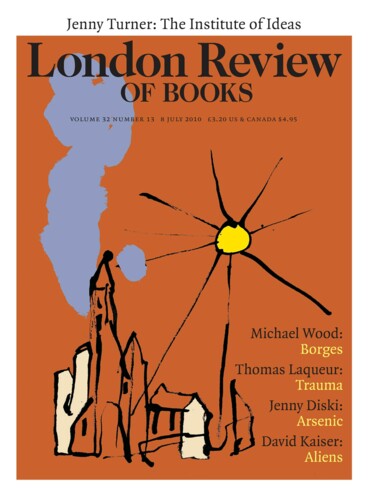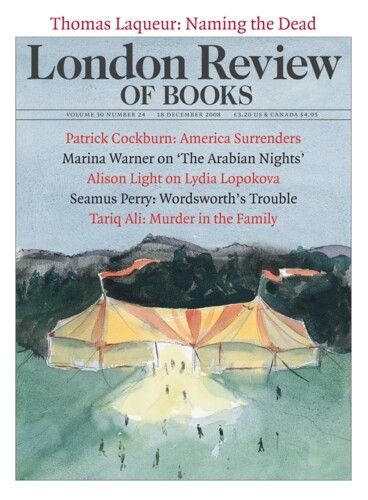Something Fine and Powerful: Pearl Harbor Redux
Thomas Laqueur, 25 August 2011
In June 2001, John Dower, a historian of Japan, wrote a comment piece in the New York Times about the blockbuster movie Pearl Harbor. The problem with it, he thought, was not its predictable romantic digressions or historical errors but its moral obtuseness. Like earlier films on the subject, it was ‘a paean to patriotic ardour and an imagined American innocence … sanitised to an...



